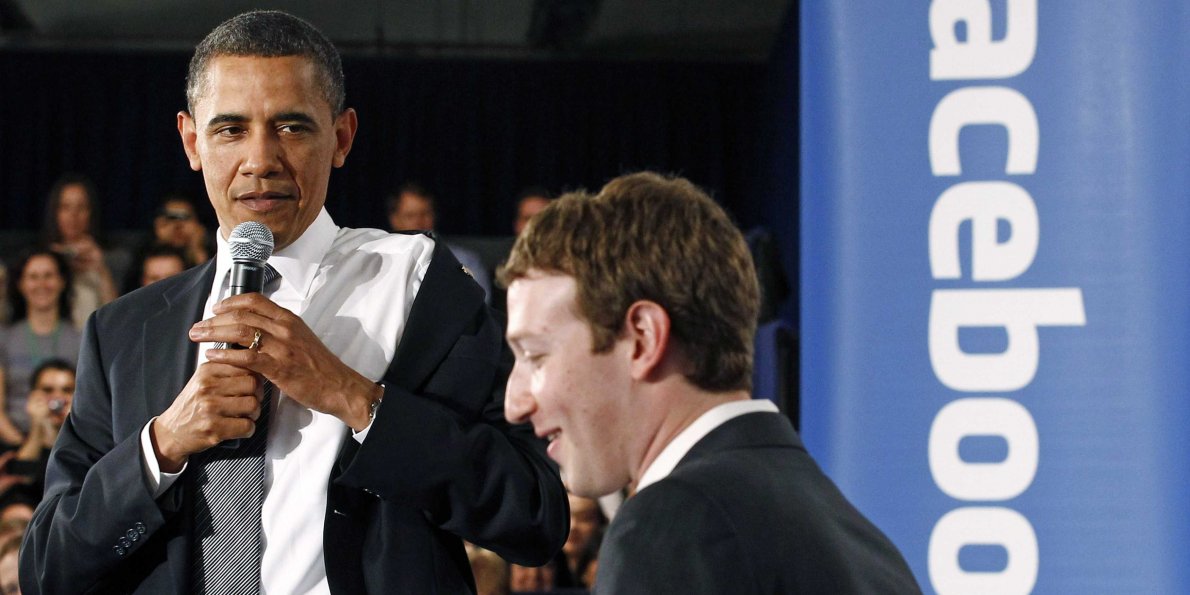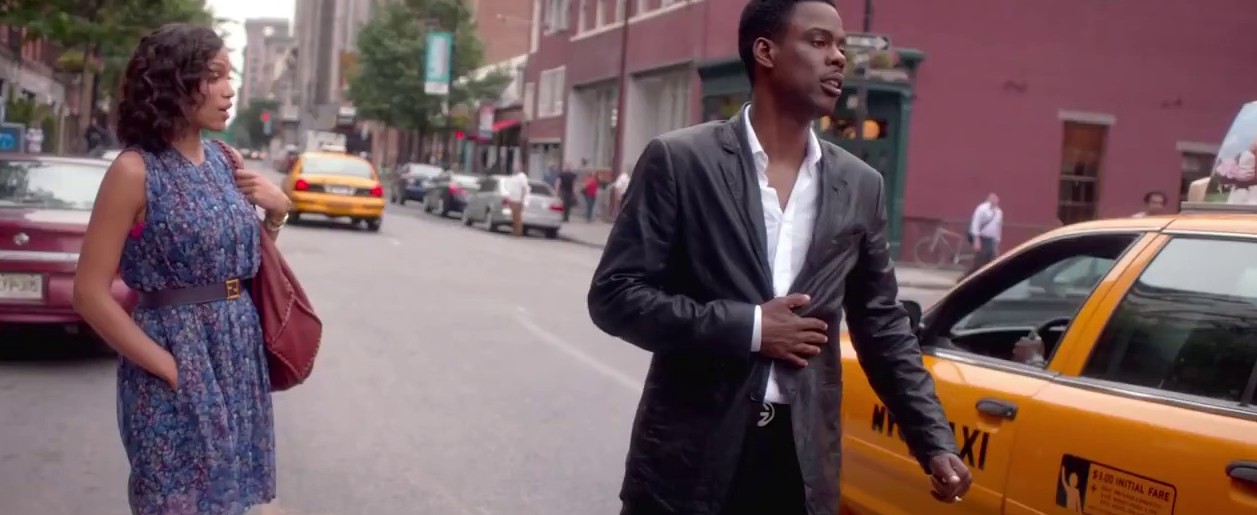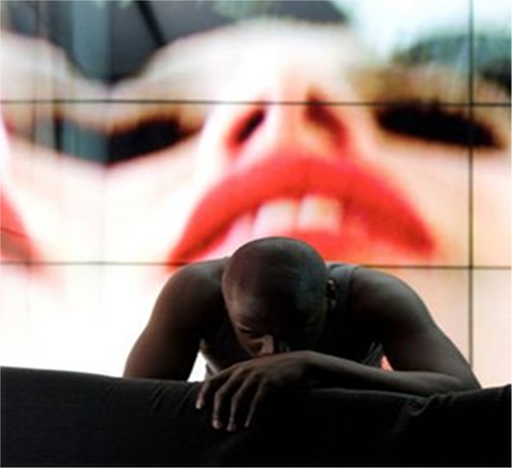In an excellent New York Times Magazine piece, Jenna Wortham writes of the boon and bane that attends Barack Obama being the “first digital President,” the one who ushered into D.C. the start-up spirit of technologists, significantly shrinking the distance between the Y Combinator and K Street.
Silicon Valley’s ideas and energy can be an intoxicating engine of creativity and leaders in that community claim to want to satisfy all the world’s wants, but let’s not forget these are huge corporations primarily concerned with the bottom line, not justice or equality or paying taxes. When Travis Kalanick briefly uses Iraq War veterans to try to foster good will, keep in mind that he has no long-term commitment to them. Most of the industry doesn’t view Washington as a sibling but as a profligate son.
Even truly benevolent titans like the sweater-clad 2.0 version of Bill Gates (formerly a bullying, vampiric capitalist) talks openly about how he doesn’t want the government to have his money because he can spend it more wisely. Perhaps that’s true in his case, but you wouldn’t want to base a country on such thinking. The gritty work of Congress should not and cannot have the brevity and grace of a particularly satisfying TED Talk.
As Wortham further notes, “fixing problems with technology often just creates more problems, largely because technology is never developed in a neutral way,” and that’s a challenge that will only grow more profound as AI develops further. She does, however, credit President Obama with realizing the limits of venture capital to cure the world’s ills, referencing his recent address at Carnegie Mellon. An excerpt from that speech:
The final thing I’ll say is that government will never run the way Silicon Valley runs because, by definition, democracy is messy. This is a big, diverse country with a lot of interests and a lot of disparate points of view. And part of government’s job, by the way, is dealing with problems that nobody else wants to deal with.
So sometimes I talk to CEOs, they come in and they start telling me about leadership, and here’s how we do things. And I say, well, if all I was doing was making a widget or producing an app, and I didn’t have to worry about whether poor people could afford the widget, or I didn’t have to worry about whether the app had some unintended consequences — setting aside my Syria and Yemen portfolio — then I think those suggestions are terrific. (Laughter and applause.) That’s not, by the way, to say that there aren’t huge efficiencies and improvements that have to be made.
But the reason I say this is sometimes we get, I think, in the scientific community, the tech community, the entrepreneurial community, the sense of we just have to blow up the system, or create this parallel society and culture because government is inherently wrecked. No, it’s not inherently wrecked; it’s just government has to care for, for example, veterans who come home. That’s not on your balance sheet, that’s on our collective balance sheet, because we have a sacred duty to take care of those veterans. And that’s hard and it’s messy, and we’re building up legacy systems that we can’t just blow up.•





